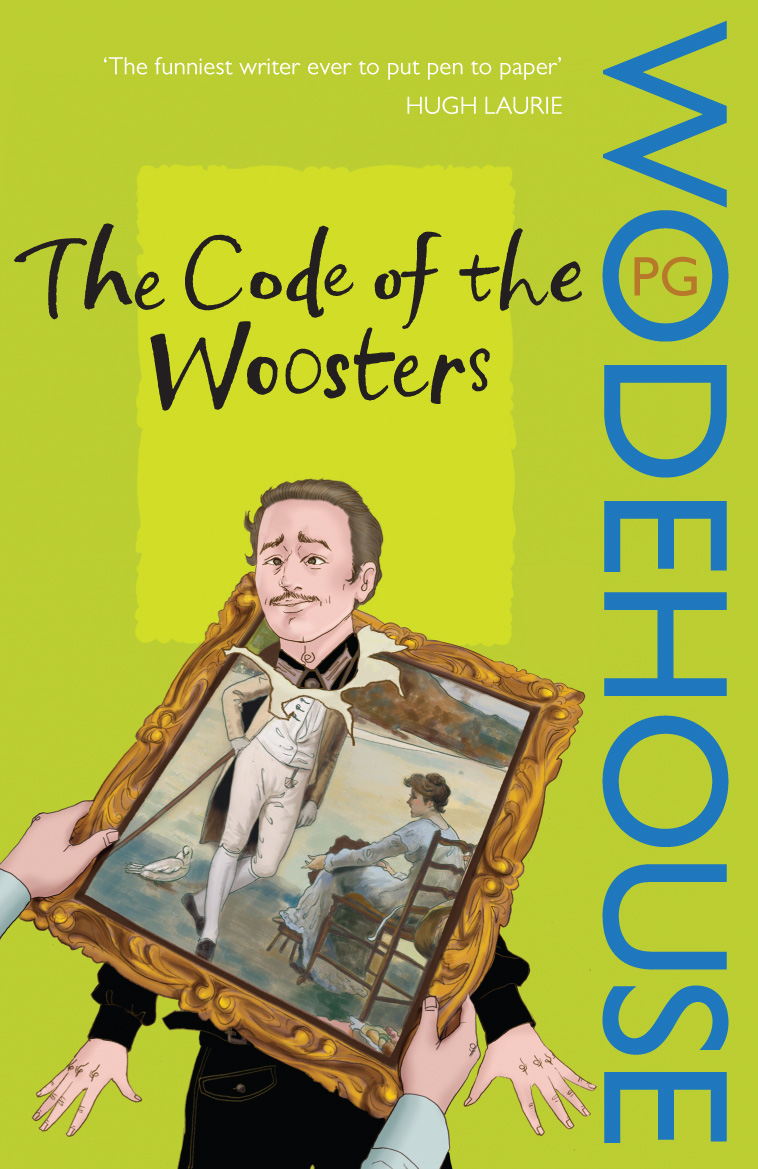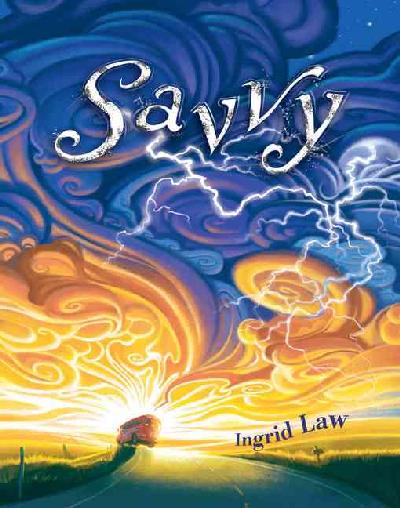[button color=”black” size=”big” link=”http://affiliates.abebooks.com/c/99844/77798/2029?u=http%3A%2F%2Fwww.abebooks.com%2Fservlet%2FSearchResults%3Fisbn%3D9780140317206″ target=”blank” ]Purchase here[/button]
Astrid Lindgren is the original (1958) recipient of the Hans Christen Andersen Medal, the most prestigious international award for achievements in children’s literature. And though Americans know her chiefly for her Pippi Longstocking books, it does seem unlikely that three slender books (one of which had not been published in 1958) would merit such an award. So I became curious about what else Lindgren wrote – and among several other titles, I found this book.
Ronia has some things in common with Pippi. She is an active, spirited girl, with a strength of will equal to that of her wild, strong, passionate father. Her story is like a classic fairy tale steeped in a love of the northern woods, with a shot of girl power to spice it up.
Born in a robbers’ fortress, raised by a band of robbers led by the fierce Matt and his loving wife Lovis, Ronia loves to run free in the woods – though she must be careful of the bears, the waterfall, the wild harpies, and other dangers. Then a hated, rival band of robbers installs itself in a neighboring stronghold, kindling a bitter feud. Soon Ronia shares a devoted, secret friendship with Birk, the son of the rival chieftain. They share the same love of nature, and they grow to love each other as brother and sister. Their love story is sweet and innocent, yet tinged with guilt because they dare not let their parents know.
But the truth will out, and when it does out, the children are forced to flee. Disowned by her father, harassed by his mother, they take refuge in a forest cave where they enjoy the beauties of spring, summer, and fall together. It would be an idyllic life but for three things: First, the dangers of wild harpies, waterfall, etc., have to catch up with them. Plus, they know they can never survive the oncoming winter. And finally, Ronia’s heart still breaks for her father, testing the limits of her loyalty to Birk.
Worst of all, Birk plans to stay in the woods if it kills him.
Will this be a tragedy, or will it all end happily? See for yourself in this beautiful, simple, Romeo-and-Juliet-in-the-woods novel, which at times reads like poetry. For example:
I’m drinking in the summer like the wild bee sucking up honey, she said. I’m gathering it together in a big lump of summer, to live on when… when it’s not summer any more. Do you know what there is in it?And she told Birk, It’s a whole batch of sunrises, and blueberry bushes covered with berries, and the freckles you have on your arms, and moonlight over the river in the evening, and starry skies, and the woods in the noonday heat when the sun is shining on the fir trees, and the small rain in the evening, and squirrels and foxes and hares and elk and all the wild horses we know, and when we swim and when we ride in the woods — well, its a whole batch of everything that is summer!
This quote is taken from Patricia Crampton’s translation, published under the Puffin label.


